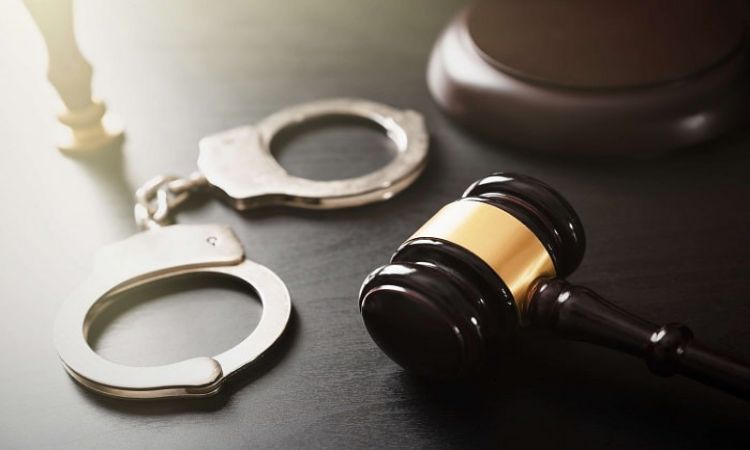 College campuses are meant to be places of academic pursuit and personal growth, but like any other community, they are not immune to criminal activity. Ensuring campus safety is a top priority for educational institutions, law enforcement, and, most importantly, students. Campus crimes encompass a wide range of unlawful activities that transpire within the confines of a college or university campus. These nonviolent offenses can range from relatively minor infractions to severe felonies, impacting both students and faculty.
College campuses are meant to be places of academic pursuit and personal growth, but like any other community, they are not immune to criminal activity. Ensuring campus safety is a top priority for educational institutions, law enforcement, and, most importantly, students. Campus crimes encompass a wide range of unlawful activities that transpire within the confines of a college or university campus. These nonviolent offenses can range from relatively minor infractions to severe felonies, impacting both students and faculty.
Understanding the prevalence of nonviolent campus crimes is essential for grasping the challenges educational institutions face. According to data from the U.S. Department of Education, thousands of campus crimes are reported annually. Here are some of the most common nonviolent offenses common to college campuses, along with their legal consequences and penalties explained.
Drug-Related Offenses
Drug-related offenses involve the illegal possession, distribution, or use of controlled substances within the campus premises. These substances can encompass a wide spectrum. Here are a few examples of common drugs that can result in felony or misdemeanor charges:
- Marijuana (not medical)
- Dangerous drugs (e.g. LSD, steroids, clonazepam, methamphetamines, ecstasy, mescaline)
- Narcotics (e.g. morphine, heroin, opium, cocaine, oxycodone)
- Prescription drugs
- Drug paraphernalia
Consequences and Legal Penalties for Drug Offenses
If you aren’t facing second or multiple drug convictions, first or second-time drug offenders may be able to defer prosecution. Often meaning that complying with your state’s probationary conditions and attending drug education classes could result in potentially lessing or dropping your drug charges.
Whether you are charged with a misdemeanor or felony drug crime meeting certain criteria that escalate a charge to “possession” or “possession with intent to sell.” An experienced lawyer can help navigate the complicated system of laws that take into account the type and amount of drugs involved in the crime.
Alcohol-Related Violations
Alcohol-related offenses encompass a wide array of behaviors. The most common charges on college campuses include underage drinking and driving under the influence (DUI). These offenses typically stem from the misuse of alcohol, which is legally restricted to individuals under a certain age and when operating a motorized vehicle.
Underage Drinking
Underage drinking is a frequent alcohol-related offense on college campuses, but incidents involving excessive alcohol consumption and the resultant consequences are also prevalent. Even though alcohol consumption is illegal under the age of 21 in the entire US, states handle underage drinking and driving charges differently. Under-age drinking laws vary from state to state, but between 0.01% and 0.05% is typically the range that warrants a DUI charge. Unlike these states, Arizona is an example where there is a zero-tolerance policy for underage drinking and driving.
Consequences and Legal Penalties for Underage Drinking and Driving
Penalties for alcohol-related offenses can include fines, probation, mandatory participation in alcohol education programs, and, in severe cases, suspension or expulsion. Additionally, legal penalties may apply.
In states like Arizona where a zero-tolerance underage drinking policy is in place, anyone under the age of 21 found with any percentage of alcohol in their body will be charged with a DUI. Though they make up only 10% of licensed drivers, drivers under 21 are accountable for almost 17% of all fatal alcohol related car crashes. Arizona has made it clear that it wants to crack down on this concerning trend and enforce strict penalties for underage drinking and driving. Here are some examples of underage DUI charges you may face depending on your state’s jurisdiction:
Penalties for First-time Offenders
- minimum of 24 hours in jail up to a maximum of 10 days
- license suspended for anywhere between 90 and 360 days and a $1600 fine
Penalties for Second-time Offenders
- harsher sentences of jail time ranging from 30 days to 90 days
- license suspended for up to 12 months and a larger fine of up to $2500











